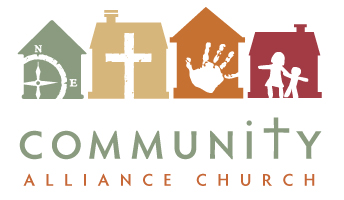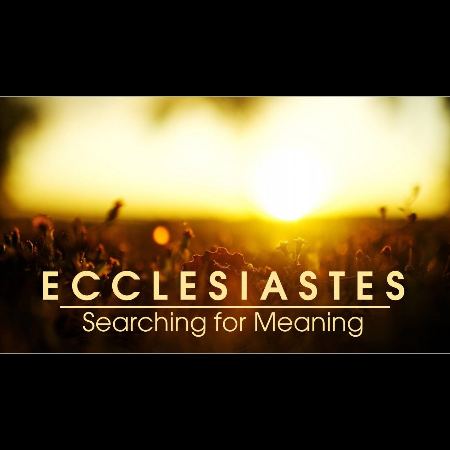This week we examine how the inevitable uncertainties of life are taken care of by the certainty of the Life that is provided in Jesus.
Sermons by Scott Kelly (Page 11)
One of the most important messages from Ecclesiastes is found in chapter nine. This week we are considering how life is not about what we gain, but it is about recognition of the gifts that we have already received.
One of the consistent messages of Old Testament wisdom literature is that we are not as wise as God, that we do not have the capacity to be as wise as God, that we cannot know all the answers. This week we examine if this message is something that should bring us frustration or comfort.
Thinking about the end of life is something that we spend a lot of time and energy avoiding. In Ecclesiastes chapter seven Solomon tells us that this is something we should consider in order to live wisely, and Jesus takes that one step further in Mark by teaching us that laying down our life for his sake is the way for us to experience eternal life.
As Solomon continues to teach on money, he talks about how not being able to enjoy the blessings of life is a great tragedy of our experience under the sun, and he asks questions that help us to look beyond the sun.
Solomon goes back to money this week. He discusses how obsession for more leads us into places of injustice. He also talks about how once we begin to cultivate a desire for more it is difficult to experience satisfaction in life.
Solomon takes a break from looking at the meaningless nature of much of the human experience and he begins to tell us how to approach God.
This week Solomon will instruct us about the relationships that we have in this life and the way that we can either attempt to use other people for our gain, or we can pursue meaningful relationships with others.
Solomon has come to the realization that even a man of his status, with wealth and power at his disposal, is not in control. This recognition of God’s control is something that can either cause us frustration, or bring us to a place of hope.
Chapter two ends with the bleak observation that all people, regardless of their wealth, status, accomplishments, or wisdom will pass from this life. While this notion causes hardship for Solomon, it helps to reveal what is important for us as we live this life.


